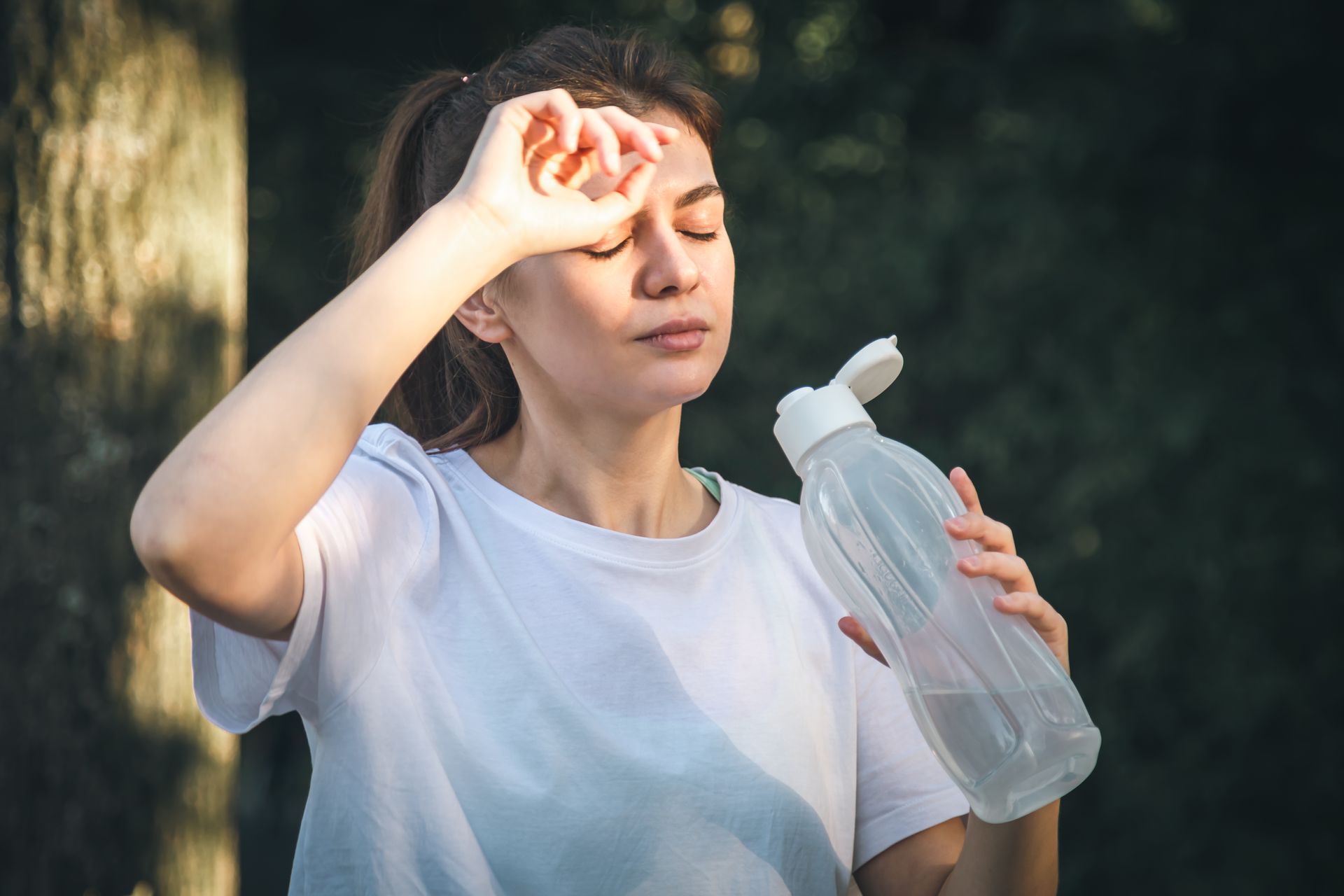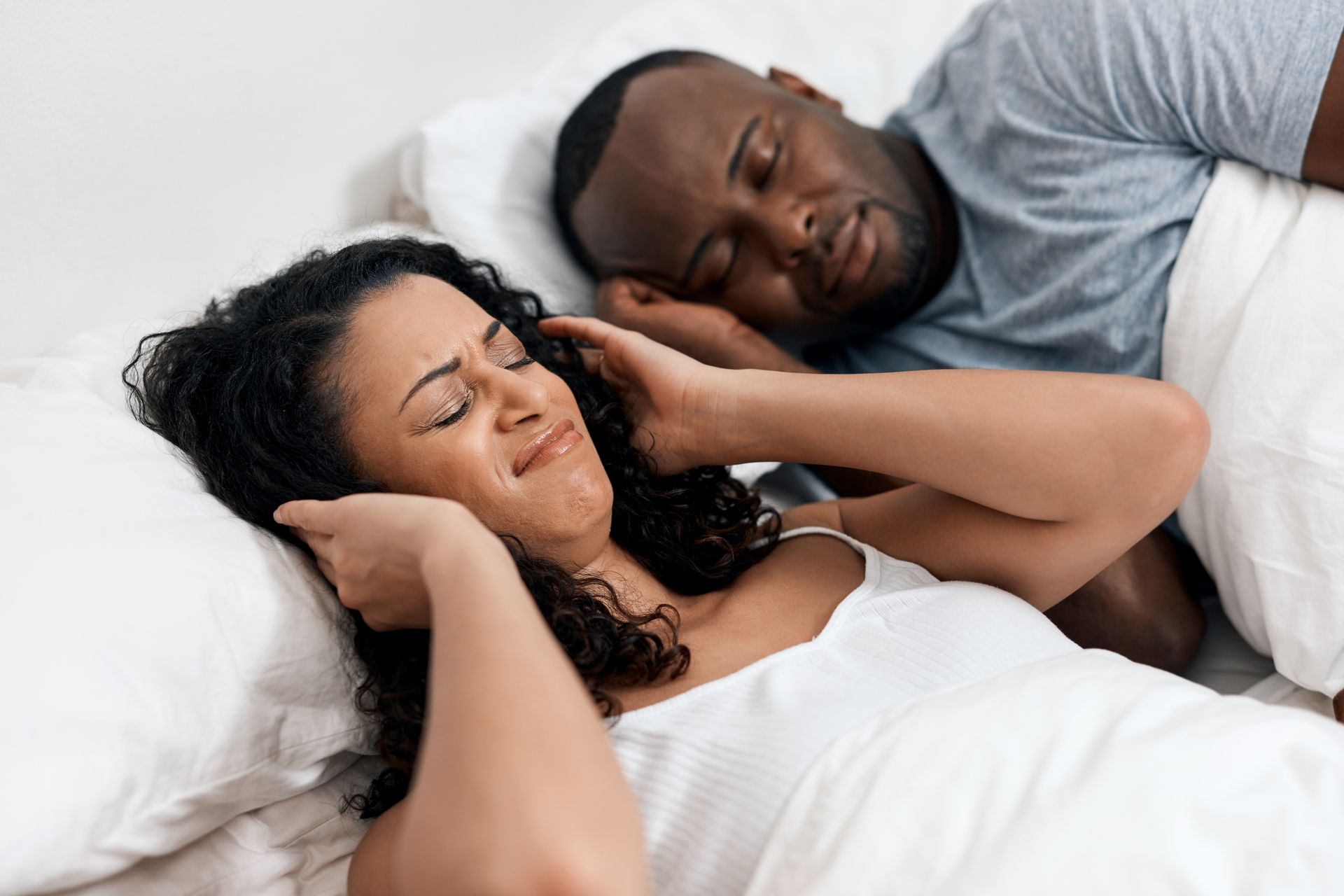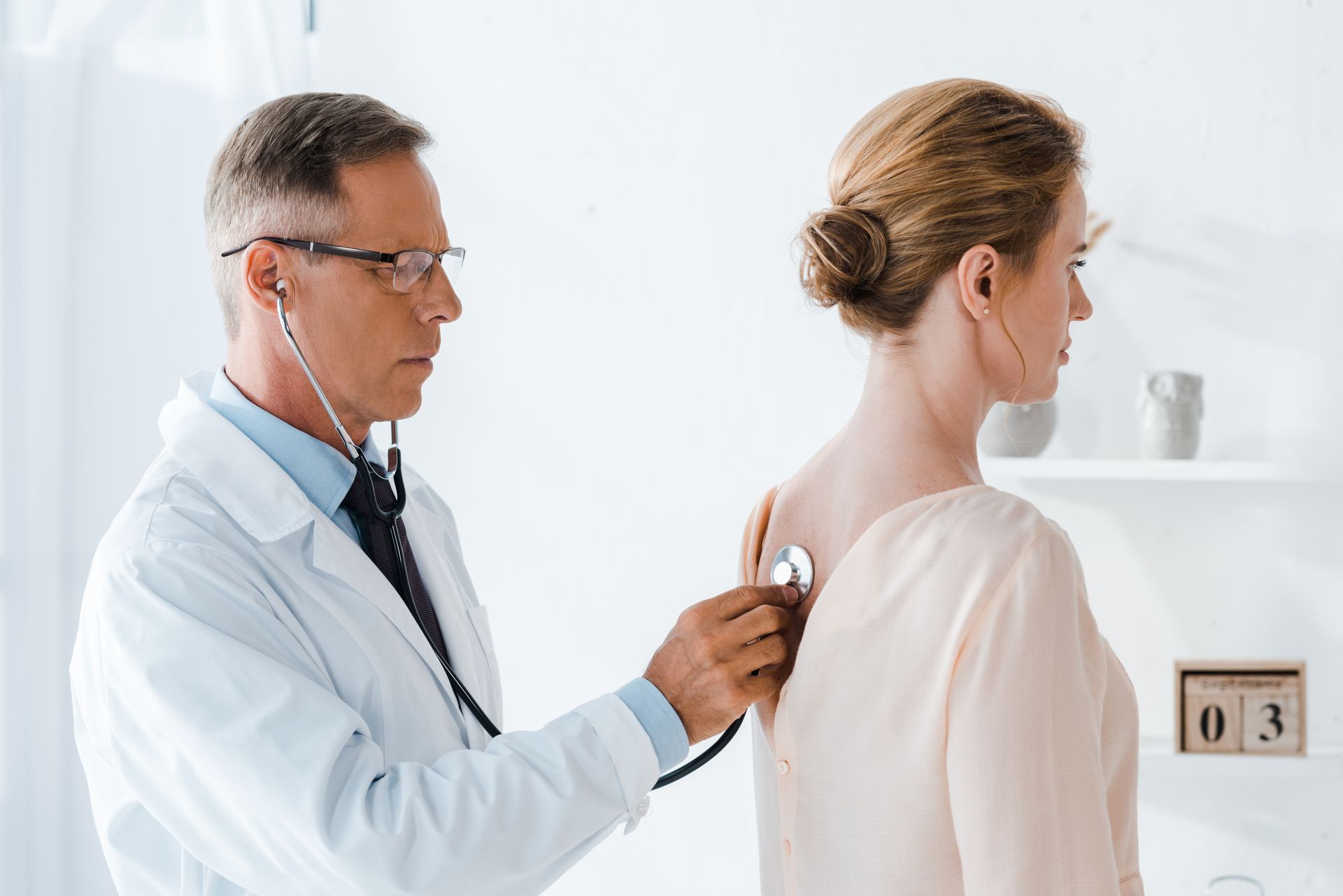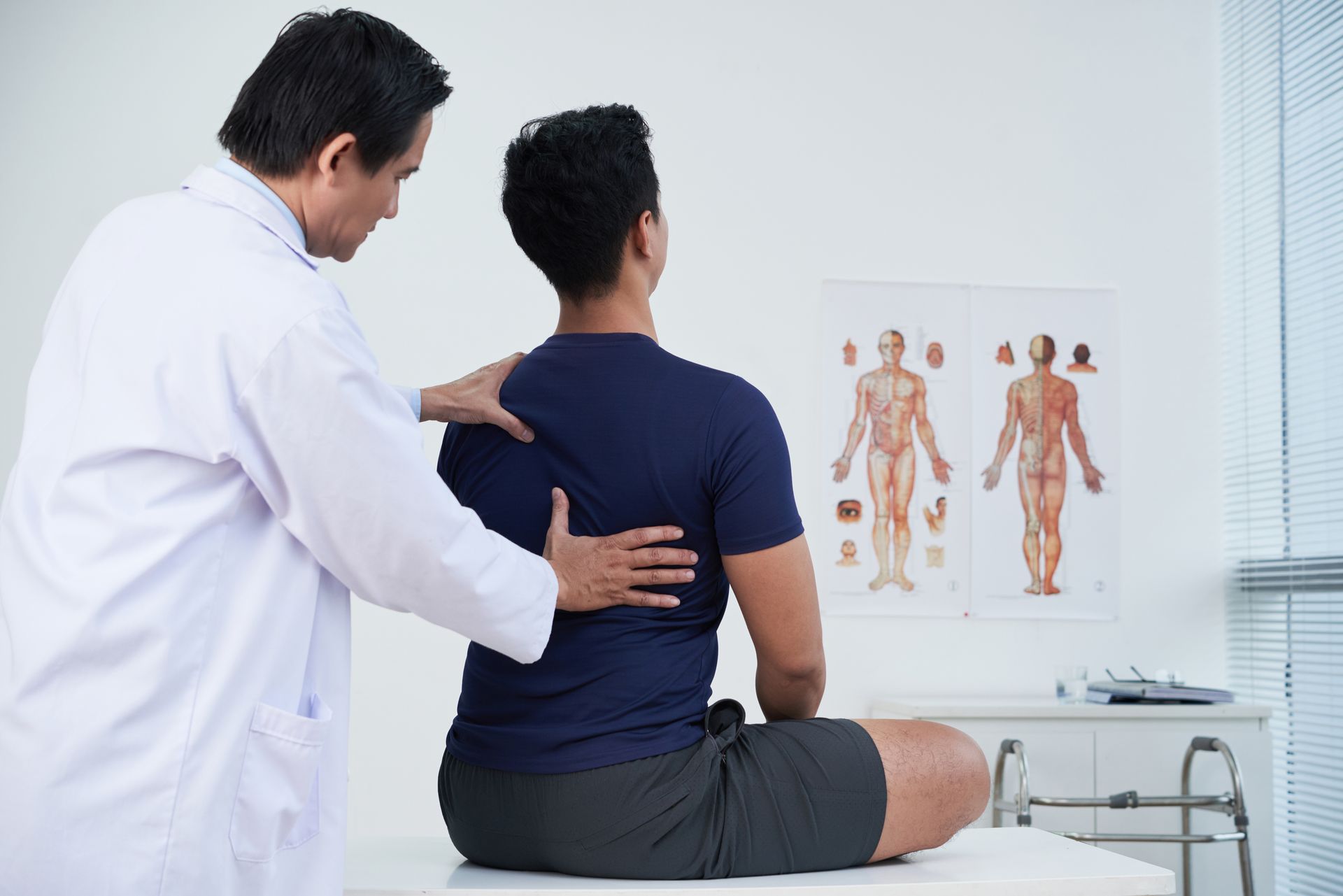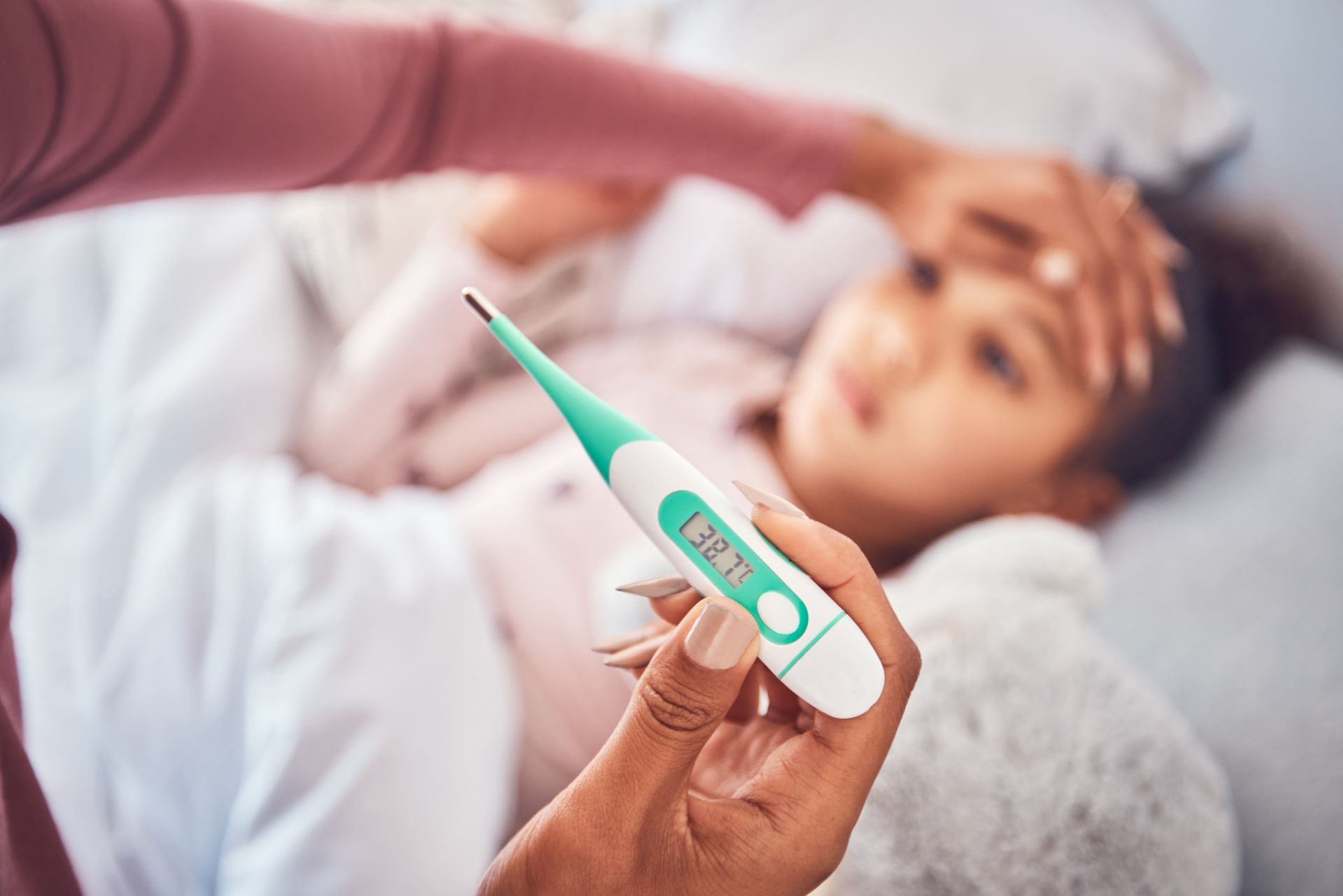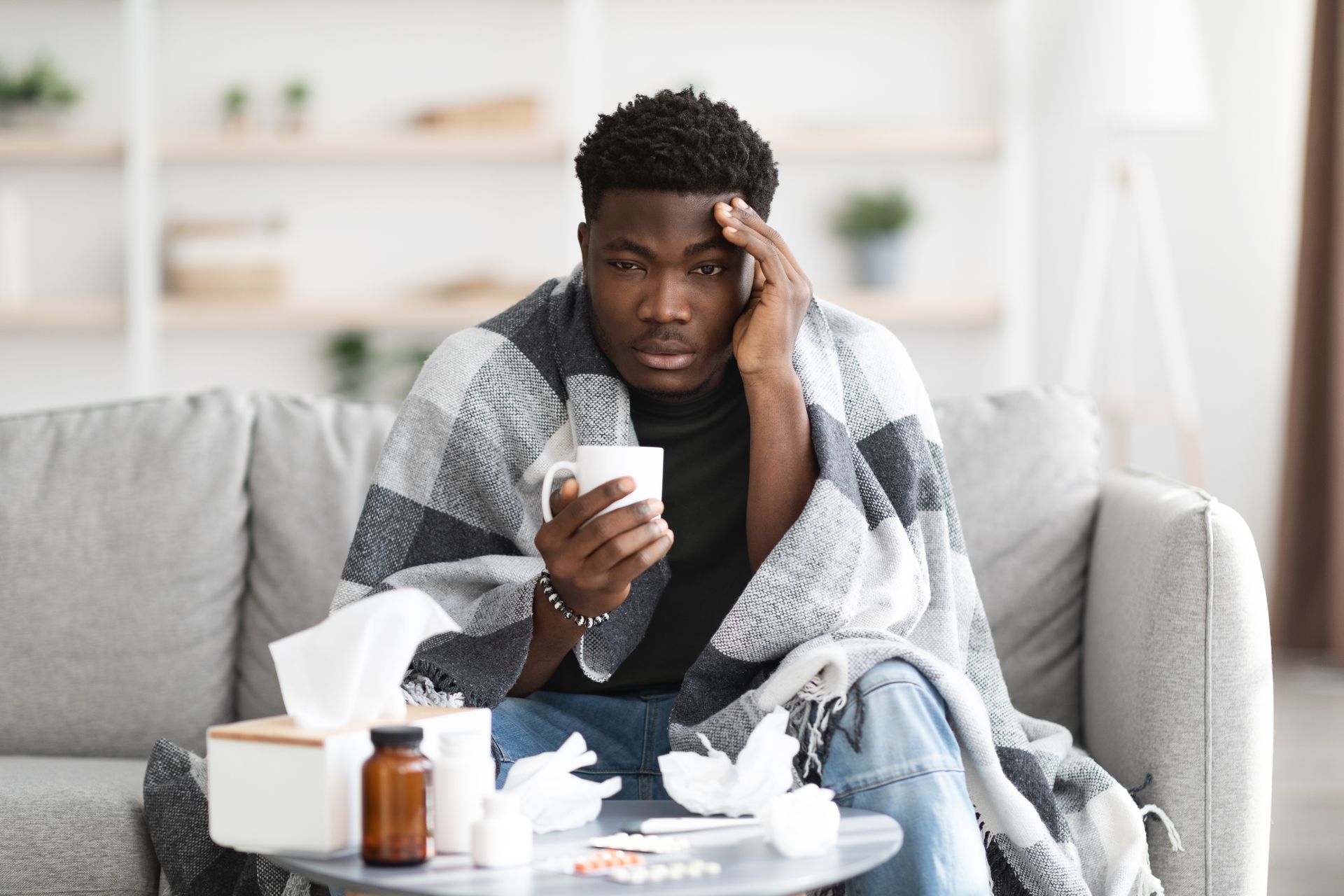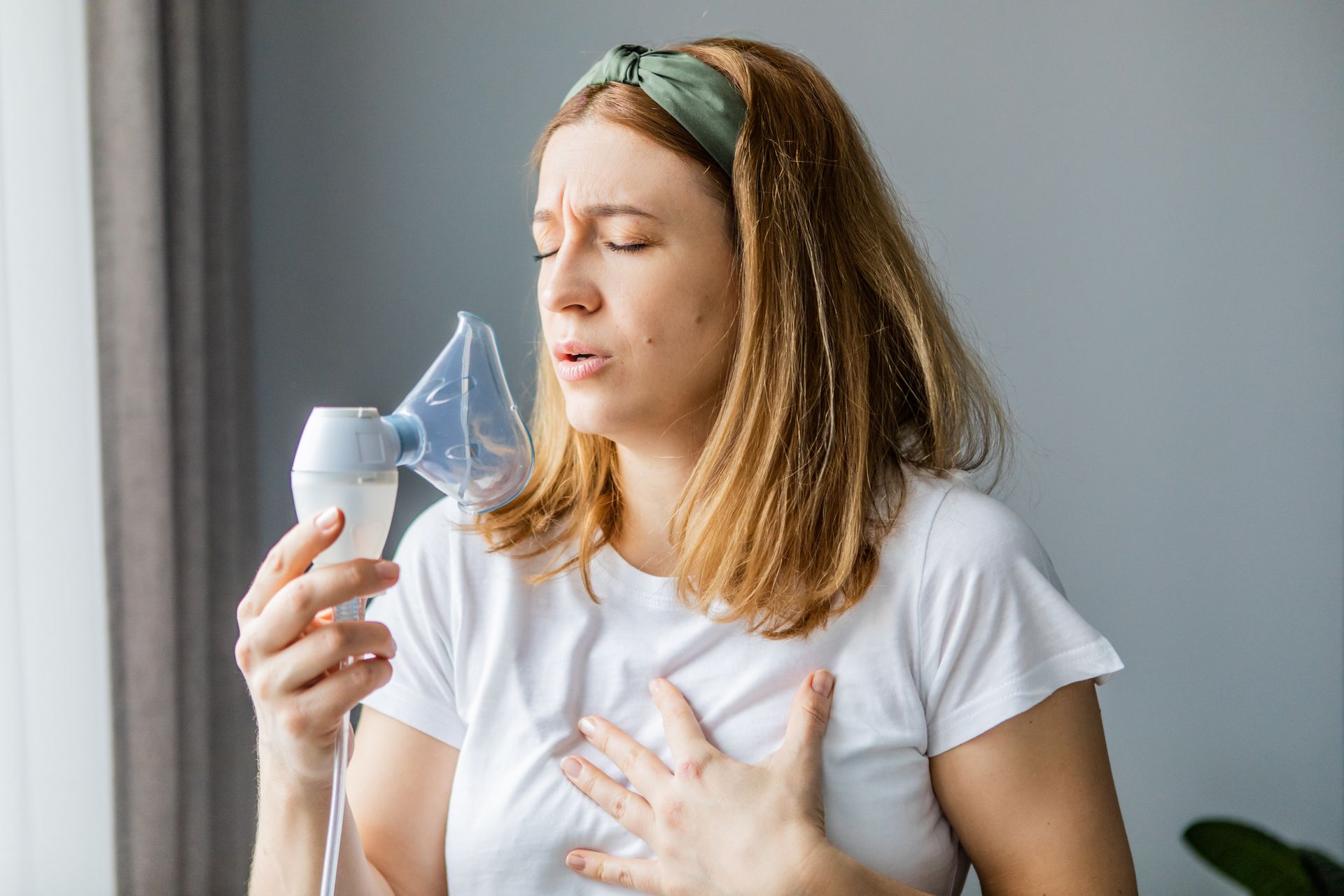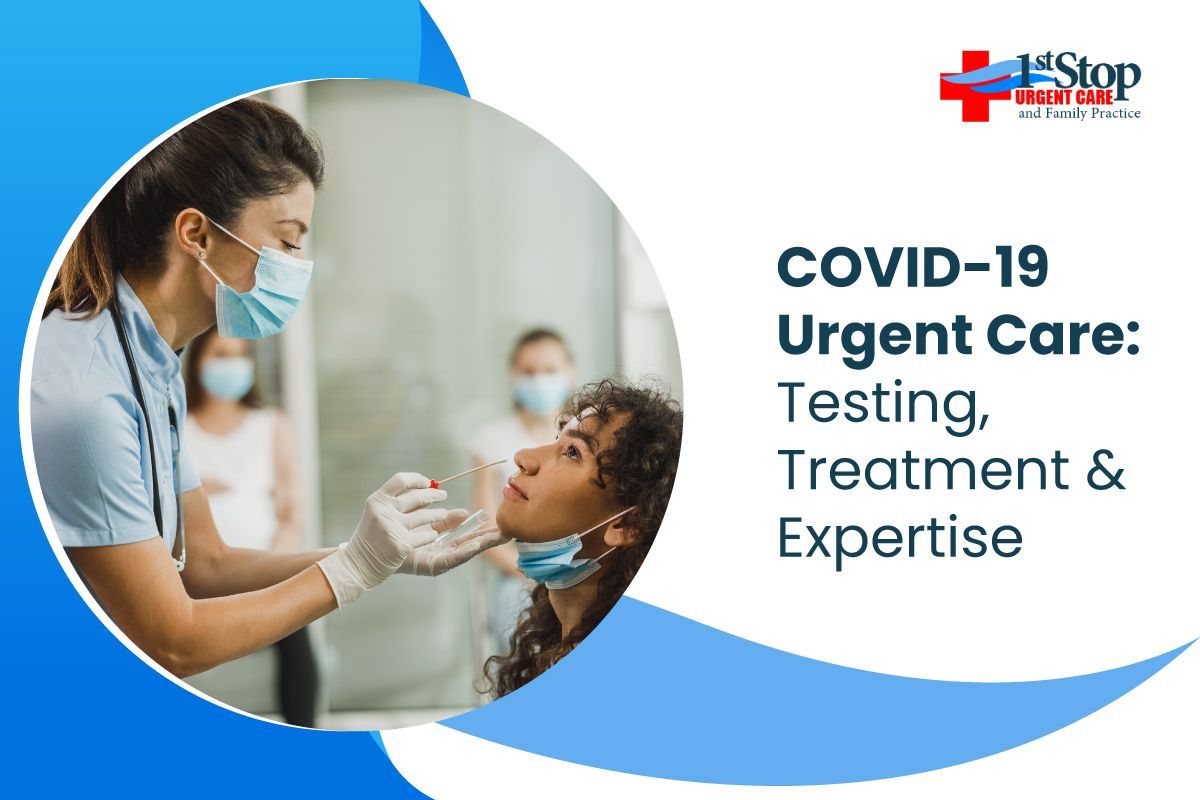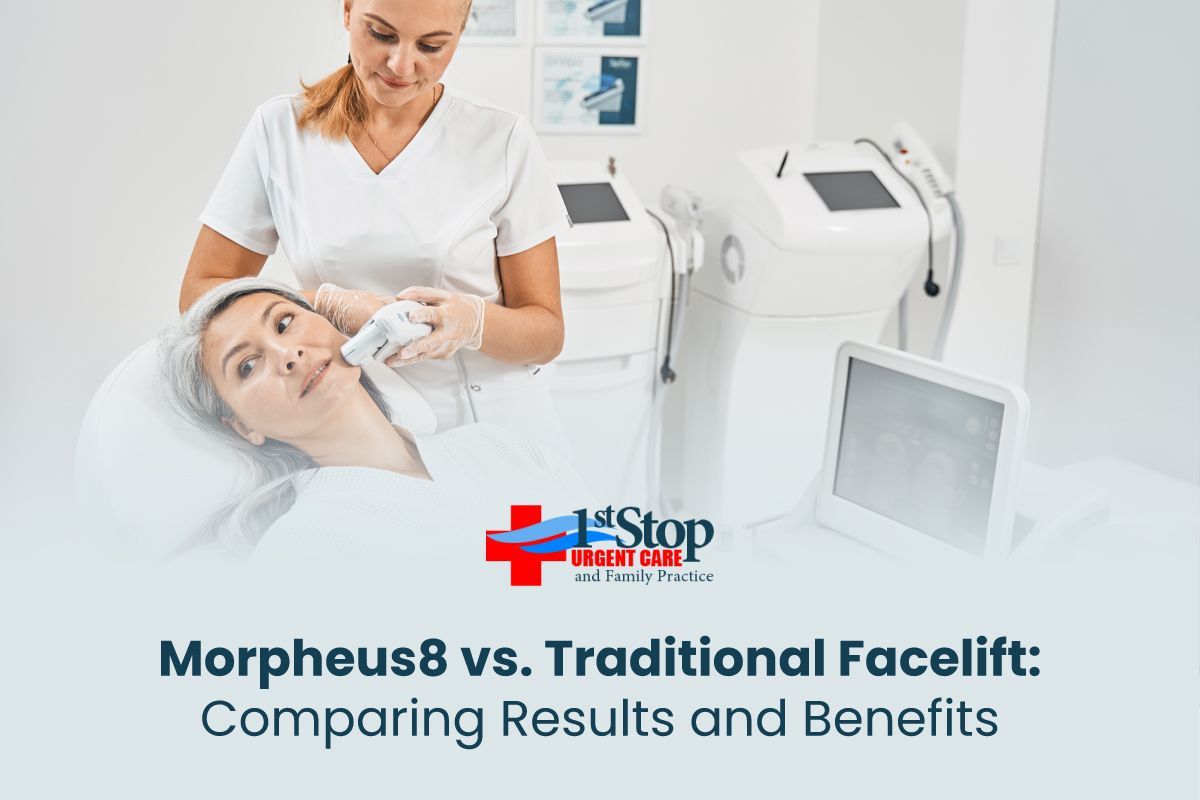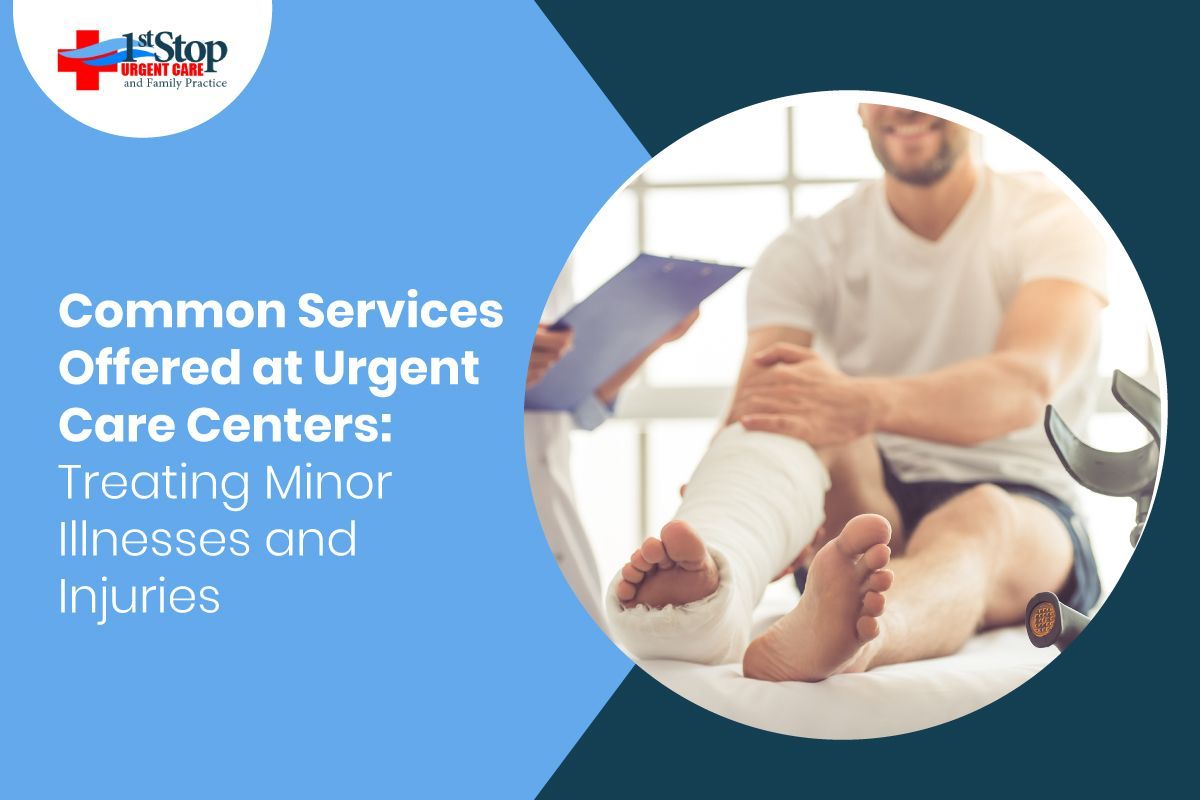How to Recognize Physical Symptoms of Anxiety

Physical Symptoms Of Anxiety
We all experience anxiety at some point. Most commonly, it manifests as a vague, unpleasant feeling of apprehension. Anxiety can also manifest with physical symptoms that are often nonspecific. These symptoms include headaches, perspiration, chest tightness, mild stomach discomfort, and restlessness, characterized by an inability to sit or stand still.
This article explores anxiety disorders and the physical manifestations of anxiety.
Fear Versus Anxiety
Anxiety warns of impending dangers and allows a person to take action in response. Anxiety and fear display similar alerting signals, but they should be differentiated. Any known external, definite, or non-conflicting threat triggers a fear response. In contrast, an unknown, internal, vague, or conflicting threat triggers anxiety.
Also, read
The Biology of Fear- And Anxiety-Related Behaviors
The Pathological Anxiety: Anxiety Disorder
The fear and dread you experience when dealing with certain things and situations can be a sign you have an
anxiety disorder. There may also be physical signs of anxiety, including excessive sweating and palpitations.
What does anxiety feel like? There is more to anxiety disorders than just a little nervousness or fear from time to time. An anxiety disorder occurs when:
- Uncontrollable responses to certain situations.
- Hindered function due to anxiety.
- Overreaction to triggered emotions.
How Common is Anxiety Disorder?
A
large percentage of the general population suffers from anxiety disorders.
Specific phobias are the most common type of anxiety disorder, followed by
social anxiety disorders. Additionally, anxiety disorders are predominant among women compared to men, with an approximate ratio of 2:1.
Types of Anxiety
Several anxiety disorders share an anxiety component, such as
- Obsessive-compulsive disorder (OCD). People with OCD have repetitive irrational thoughts that repeatedly cause them to perform specific behaviors.
- Panic disorder. Panic attacks are sudden episodes of intense anxiety and fear that occur randomly, recurringly.
- Post-traumatic stress disorder (PTSD). Traumatic events can cause an individual to develop post-traumatic stress disorder. The symptoms of PTSD include flashbacks, nightmares, anxiety, and uncontrollable thoughts.
- Phobia. An individual with a phobia experiences high levels of fear due to a specific situation, activity, or object.
- Social anxiety disorder. An individual suffering from this disorder is prone to anxiety in and before social situations and interactions with others. Fear can overwhelm them as a result of it.
- Separation anxiety disorder. Characterized as fear of being away from someone or somewhere. It is more common among young children but can also affect adults.
What Can Anxiety Do To Your Body?
Anxiety disorders fall under the umbrella of mental health conditions, but physical symptoms can also occur.
Your
autonomic nervous system is responsible for physical symptoms of anxiety. This is an involuntary system in your body that regulates heart rate, breathing, urination, and sexual function.
The autonomic nervous system also produces your
fight-or-flight response when facing a physical threat. Responses like these are
evolutionary adaptations that increase survival chances in threatening situations. Those with anxiety disorders experience an overactive, intense, or inappropriate fight-or-flight response.
Physical symptoms of anxiety include the following.
- Numbness or tingling
- Increased heart rate
- Shaking
- Nausea
- Dry mouth, or xerostomia
- Feeling lightheaded
- Hot flashes
- Feeling restless
- Shortness of breath
- Sweating
- Symptoms of gastrointestinal distress, such as constipation, diarrhea, or indigestion
- Appetite changes
A patient with anxiety disorder, particularly one with panic disorder, may have an elevated sympathetic tone, a slow response to repeated stimuli, and an excessive response to moderate stimuli. A panic attack can occur suddenly, characterized by a fear of apprehension lasting for minutes or hours. A panic attack may make a person feel like they are in extreme danger or losing control.
The following symptoms may occur during a panic attack:
- Palpitations
- Hyperventilation
- Blurred vision
- Chest pain
- Chills
- Difficulty breathing
- Dysphagia or difficulty swallowing
- Excessive sweating
A Guide to Self-Care for Anxiety
If you are experiencing physical anxiety symptoms, here’s a self-care guide:
- If you can, be physically active. Exercise improves your physical health and reduces stress. Whenever you are not able to exercise, try sitting outside every day. There is increasing evidence that nature can benefit mental health.
- Keep alcohol, caffeine, and nicotine away from your body. Any of these can aggravate anxiety.
- Make use of relaxation techniques. Deep breathing and guided imagery are two ways to relax. You can also benefit from meditation and yoga. Although these techniques are safe, they may cause anxiety.
- Make sleep a priority. Anxiety often causes sleep problems. Ensure that you get plenty of sleep. Having a good night's sleep can help you cope with anxiety symptoms. A good night's sleep can also reduce symptoms.
How Are Anxiety Disorders Treated?
Treating anxiety disorders are mainly on an outpatient basis. Yet, indications for hospitalization include:
- Suicidality
- Unresponsiveness to standard treatments
- Relevant comorbidity (e.g., major depression, personality disorders, or substance abuse)
There has been a lot of progress in treating mental health problems in the last few decades. Your healthcare provider will tailor your treatment plan depending on your unique needs. In some cases, medication will be used in conjunction with psychotherapy.
Pharmacotherapy for Anxiety Disorders
An anxiety disorder cannot be cured by medication. However, medication can improve your symptoms and help you function more effectively. The following medications are often prescribed for anxiety disorders:
- Anti-anxiety Drugs. Benzodiazepines, for example, may decrease anxiety, panic, and worry. Their effectiveness is rapid, but you can build a tolerance for them. As a result, they become less effective over time. Initially, your doctor might prescribe anti-anxiety medication, then taper you off, followed by an antidepressant if necessary.
- Antidepressants. The use of antidepressants can be helpful for anxiety disorders as well. They aim to improve mood and reduce stress by altering how the brain uses certain chemicals. Remember that antidepressants may take some time to work. Consult your physician if you think you're ready to stop taking antidepressants.
- Beta-blockers. Beta-blockers can help control the physical symptoms of anxiety disorders. Using them can relieve tremors, shaking, and rapid heartbeat.
Your healthcare provider will determine which medications to take and at what dosage. Changes in dose should be discussed with your provider. You will be monitored closely to ensure no adverse side effects from the medicine.
Using Psychotherapy to Treat Anxiety Disorders
Psychotherapy aims to assist you in dealing with your emotional responses to illness. A mental health provider will discuss strategies for understanding and managing the disorder with you.
Among the methods available are:
- Exposure therapy. Exposure therapy aims to help people overcome their fears. In the treatment of anxiety disorders, exposure-based therapies are highly effective.
- Cognitive behavioral therapy (CBT). With anxiety disorders, CBT is the most popular form of psychotherapy. The goal of CBT for anxiety is to teach you to recognize the thought patterns and behaviors that cause troublesome feelings. It is then up to you to change them.
Also, read Strategies to Improve Access to Cognitive Behavioral Therapies for Anxiety Disorders: A Scoping Review
Take Control of Your Physical Symptoms of Anxiety
Experiencing physical symptoms of anxiety can really be disturbing. Look for "Primary Care Clinic Torrance" which will lead you to 1st Stop Urgent Care.
We understand how dealing with anxiety can significantly affect your day-to-day life, especially if you experience its physical symptoms. We aim to help you get back on your feet and provide care for your well-being. If you are seeking "urgent care near me," look no further. Visit expert primary care clinic in Torrance or expert primary care clinic Camarillo locations!
We also welcome walk-ins! You can avoid waiting by making an appointment. Please reach us at (310) 328-3421.
1st Stop Urgent Care and Family Practice is a trusted primary care and urgent care center in Torrance and Camarillo. In addition, we provide occupational health services such as drug testing, annual physicals, pre-employment exams, and immigration physical exams, to name a few. We are a more affordable, more convenient, and more friendly alternative to the ER! Call or visit the clinic now!
GET IN TOUCH
Hours:
- Mon - Fri
- -
- Sat - Sun
- Closed
Hours:
- Mon - Fri
- -
- Sat - Sun
- Closed
1st Stop Urgent Care and Family Practice | All Rights Reserved.

